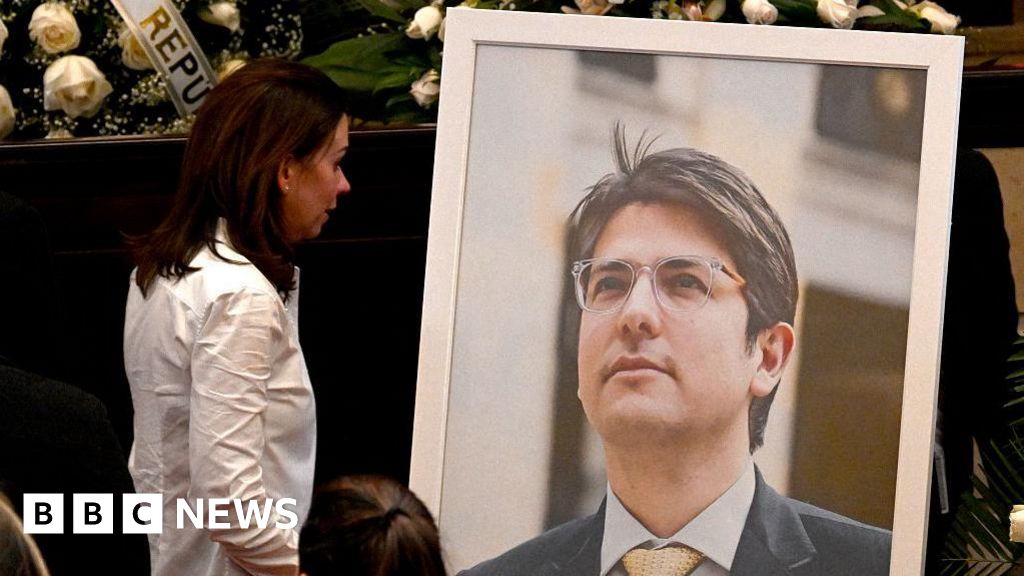As the UN's biodiversity summit, COP 16, concludes in Cali, Colombia, scientists are voicing urgent concerns over the lack of political ambition in addressing the ongoing crisis in biodiversity. With representatives from 196 nations gathering to formulate measures aimed at halting the decline of nature by 2030, experts assert that the agreed-upon measures fall drastically short of what is required to protect the planet’s ecosystems.
One leading authority in the field, Tom Oliver, a biodiversity professor at the University of Reading, articulated that the current political will is not enough to combat the escalating destruction of nature, which is costing economies billions globally. This summit marks a crucial moment for the international community to evaluate its progress toward vital biodiversity restoration goals set in 2022.
While the summit is distinct from the upcoming COP climate summit in Baku, the significance of the biodiversity agenda is more pressing than ever, with an alarming one million species now at risk of extinction. Experts criticized many countries for failing to arrive with concrete plans to meet biodiversity targets, underlining the urgent need for committed global action.
Despite the grim outlook, COP 16 did bring some advancements, such as the establishment of the Cali fund, aimed at making companies pay for using genetic resources derived from nature. Additionally, the contributions of Indigenous Peoples have been formally recognized, ensuring their representation within ongoing conservation efforts.
Notably, Professor Nathalie Seddon from the University of Oxford lamented that political conversations still prioritize climate action over biodiversity, despite scientific evidence that advocates for an integrated approach. The next biodiversity summit is scheduled for 2026, and with time running out, calls for cooperation among governments, NGOs, and scientists continue to grow.
Dr. Jane Goodall, the renowned primatologist, emphasized that without immediate action towards protecting biodiversity, humanity’s future is at significant risk. She urged collective responsibility beyond governmental and corporate accountability, underscoring the need for individual action as well.
As the world watches, the collective spirit and determination of conference participants will be critical in attempting to navigate and remedy the multifaceted crises facing global ecosystems.



















